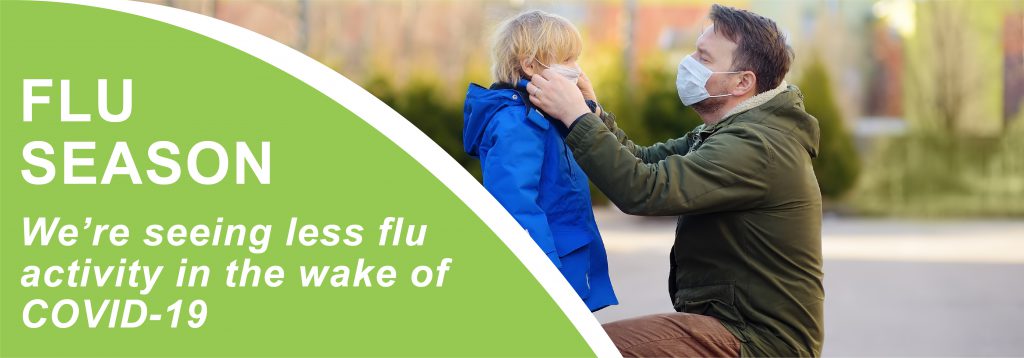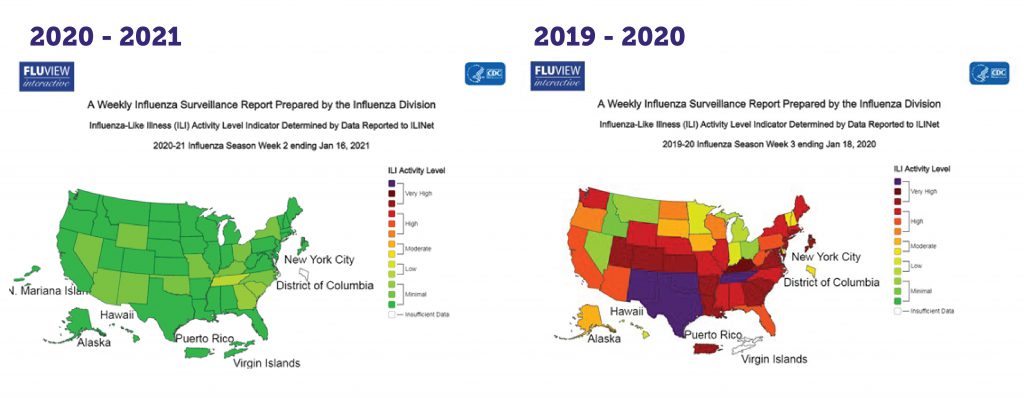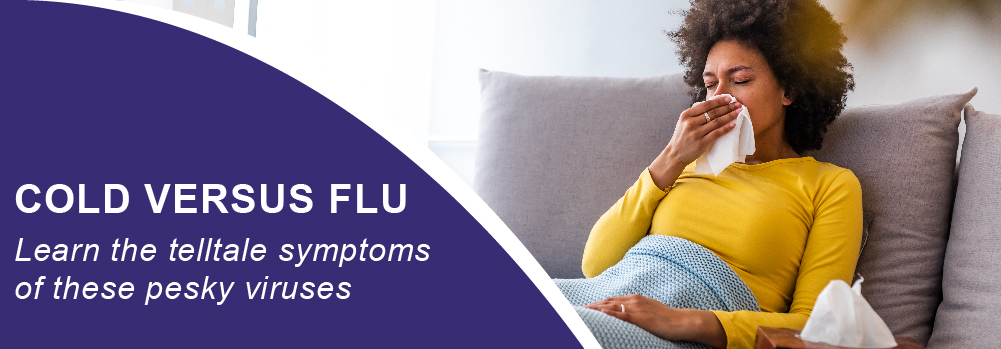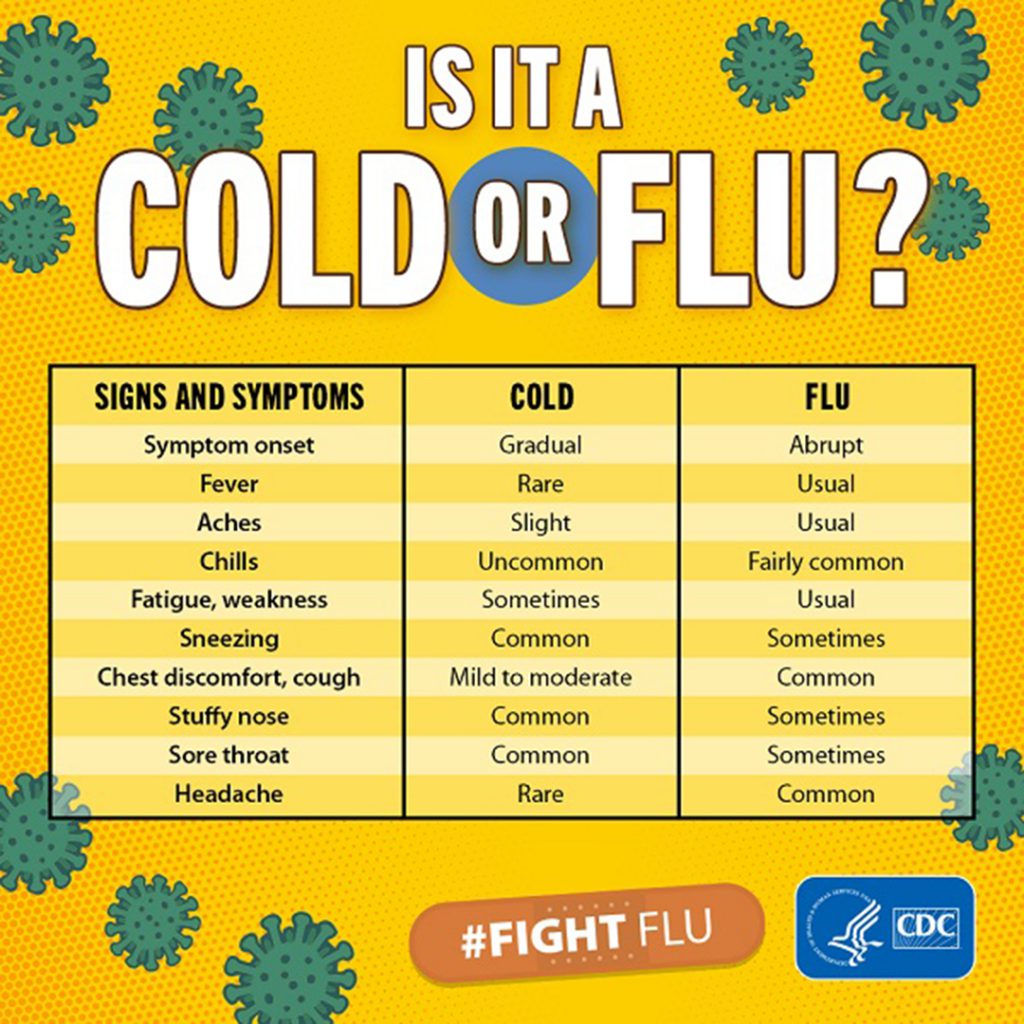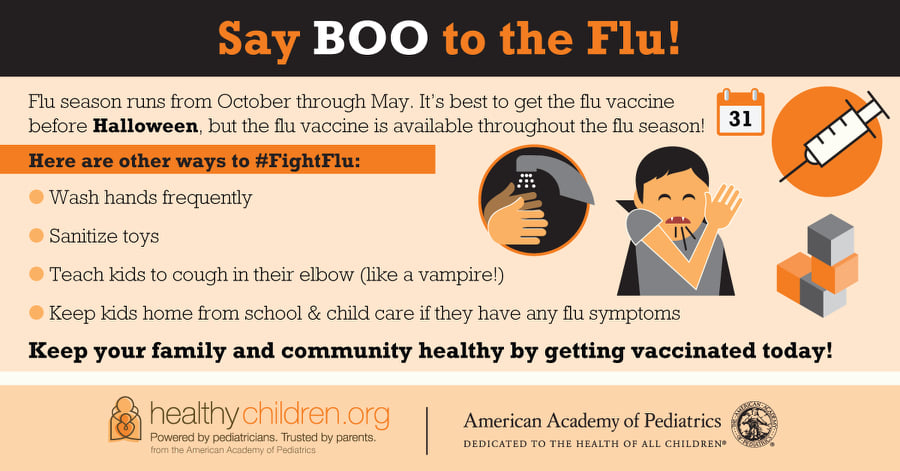
Must-have items for illness or injury
By Melissa Heinen, DO, MPH & Matthew Ajluni, DO
If you have tried to read an expiration date on a medicine bottle through blurry eyes in the middle of the night, this post is for you. If you have used four band-aids to cover a knee scrape on a crying child, this post is also for you. A well-stocked medicine cabinet is a must-have for every household. An illness or injury can sneak up on you at any point, day or night, and emergency trips to the drugstore in your pajamas are no fun. Here’s our (pediatrician & urgent care physician approved) medicine cabinet inventory list. As we head into cold and flu season, there’s no better time to stock-up.
Always remember to check with your child’s pediatrician or your primary care physician before giving or taking any medications and if the illness sticks around for more than a day or two. Always keep all medications out of reach of children.
Pain Relief
You will want to have both Acetaminophen and Ibuprofen for both children and adults, on hand. A children’s does is based on weight, so be sure to check with your pediatrician before giving your child a pain reliver.
• Acetaminophen:
o Medications containing acetaminophen can be used on headaches, muscle pains and fevers.
• Ibuprofen:
o This one is more effective for strains and sprains, but can help with fevers, too. (not to be used in children less than 6 months of age)
• Ice Pack:
o For bumps and minor injuries, have a reusable ice pack in the freezer or ready to fill with ice. Look for a soft or flexible ice pack for children.
Skincare
From bug bites to rashes to burns, the skin can be vulnerable to injury. Here are a few things to keep in your medicine cabinet to treat multiple issues. •Petroleum Jelly
o A home-care basic, this can be used to treat dry or irritated skin, eczema rashes and diaper rash.
• Hydrocortisone Cream 1%
o A tube of this over-the-counter steroid can help relieve symptoms from a bug bite, eczema, and other rashes.
Allergy Relief
• Antihistamine
o It’s good to have a non-drowsy and preferably a long-lasting version of this medication for everyone in the house. Allergy symptoms (itchy nose and eyes, sneezing or skin irritation) aren’t always just seasonal.
o Make sure to check with your child’s pediatrician or primary care physician before giving antihistamines for kids
• Saline Nasal Spray
o This can be helpful when noses are blocked, itchy or dry. Remember to spray away from the center of the nose, toward the ear.
o The saline drops are great for babies and toddlers who can’t blow their nose well
• Eye Drops
o Long days of screentime can result in tired, dry eyes. If you spend a lot of time in front of a computer, have a bottle of lubricating eye drops in the house. A couple drops of “tears” will refresh and soothe dry eyes.
Cold Treatment
• Vics VapoRub
o This topical cough suppressant can be purchased in different strengths for babies, kids and adults, but for babies and toddlers, it can be more irritating than helpful so it’s typically not recommended until the age of 4 years old. Check with your child’s pediatrician before using it on babies or children. Rub a ¼ – ½ a teaspoon of this ointment on the chest and back to help relieve congestion and cough symptoms. This is especially useful at night when a cough keeps you awake.
• Cough Syrup
o Although this medication cannot be given to kids under 6 years old (and you should check with your pediatrician for ages 6-11), it can relieve an annoying cough for older children and adults in your house. When purchasing cough syrup, look for one with dextromethorphan and guaifenesin.
• Nasal Aspirator
o Before babies know how to blow their nose, a nasal aspirator can help relieve congestion.
Wound Care
• Bandages
o Look for a box with a variety of sizes. From fingertips to knees, you never know what size you may need. If shopping for children’s bandages, let them pick a fun design. It might make their injury feel a little less traumatic.
• Roll of Gauze and Medical Tape
o When a bandage won’t cut it, have a roll of gauze or gauze squares handy to cover the boo-boo. Use the tape to secure the gauze in place.
• Antibiotic Ointment
o Use an ointment like Neosporin to keep minor cuts, scrapes and burns from getting infected.
Tools
• Thermometer
o For infants less than 6 months of age, use a rectal thermometer and a temporal or oral thermometer for older kids and adults.
• Tweezers
o Because splinters happen. Also, ticks can be safely removed with tweezers.
If you or a family member ever experiences an illness or injury more serious than the medicine cabinet and handle, contact your primary care physician or pediatrician.

